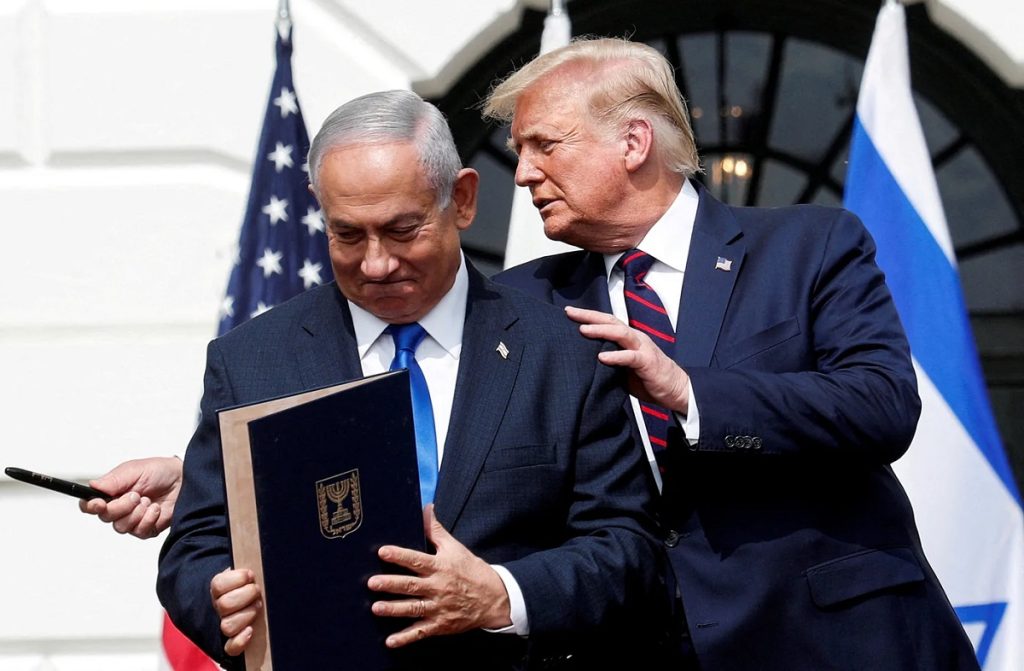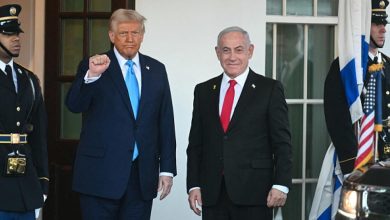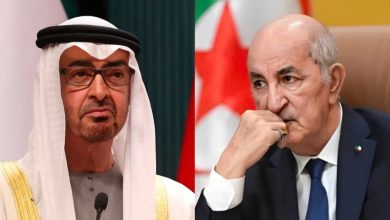The Accelerating Wave of Arab Normalization with Israel: A Geopolitical Shift in the Middle East
As more Arab nations move toward normalization with Israel, public opposition remains strong. Is this a strategic realignment, or are Palestinians paying the highest price?
Watan-It seems that the Arab normalization train with Israel is no longer stopping; rather, it continues to advance at an accelerating pace, raising growing questions about the future of this geopolitical shift in the region.
Since the signing of the Abraham Accords, initiated by the administration of former U.S. President Donald Trump, the region has witnessed a wave of normalization involving several Arab countries. It began with the UAE and Bahrain, followed by Morocco and Sudan, while other nations are moving along the same path at a slower but steady pace. Today, attention is turning to additional capitals that may join this circle, despite widespread public opposition.
Algerian President Abdelmadjid Tebboune’s remarks about his country’s willingness to normalize ties with Israel, provided that a Palestinian state is established along the 1967 borders, sparked significant controversy. Some viewed his statement as an implicit hint at the possibility of opening communication channels with Tel Aviv in the future. While Algeria’s condition reflects its traditional foreign policy stance, the timing of the statement is critical, as the region is undergoing dramatic shifts, particularly amid Israel’s ongoing war on Gaza and escalating attacks in the West Bank.

On the other hand, Morocco has not hesitated to strengthen its relations with Israel since signing the normalization agreement. These ties have expanded beyond diplomacy to include military and economic cooperation, with arms deals and growing intelligence collaboration. Meanwhile, Libya was on the verge of officially joining the list of normalizing countries until Israeli media leaked news of a meeting between the Libyan foreign minister and her Israeli counterpart, triggering widespread outrage and leading to her dismissal.
As for Tunisia, whose President Kais Saied previously declared that “normalization is a great betrayal,” political shifts have raised speculation about the extent of the country’s commitment to this stance, particularly after its retreat from criminalizing normalization in the new constitution. In Egypt and Jordan, which signed peace treaties with Israel decades ago, relations between the governments and Tel Aviv remain a “strategic alliance,” while public rejection of these ties continues.

Saudi Arabia, the largest Arab country, continues to signal openness to normalization without taking an official step. However, it has recently hosted Israeli sports and political figures at international events, indicating gradual changes that may pave the way for an official announcement in the near future.
Amid these developments, the U.S.-Israeli project to expand the normalization framework in the region appears to be unfolding according to a meticulously planned strategy, making the most pressing question: When will the rest of the Arab states join? And will the Palestinians be the greatest victims of this shift?






